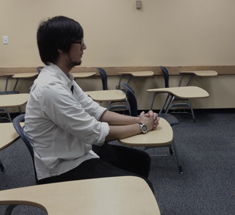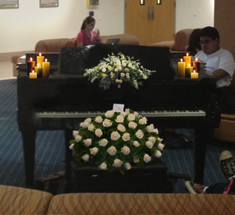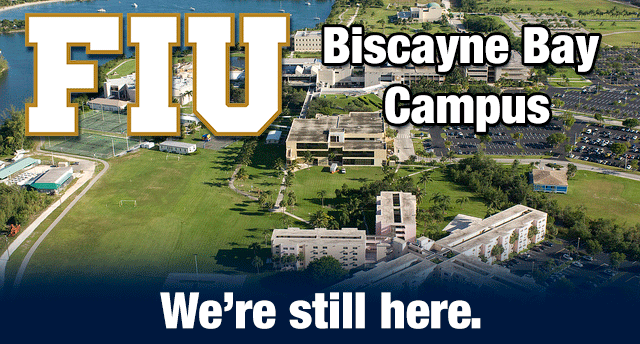![]() Upon reading a particular article that was printed in this past Monday’s edition of FIU Student Newspaper, The Beacon, many faculty, and students alike, were completely flabbergasted. The article covered a controversial topic and seemed to misquote high ranking officials, painting them in a bad light with what seemed to be an almost ridiculing tone.
Upon reading a particular article that was printed in this past Monday’s edition of FIU Student Newspaper, The Beacon, many faculty, and students alike, were completely flabbergasted. The article covered a controversial topic and seemed to misquote high ranking officials, painting them in a bad light with what seemed to be an almost ridiculing tone.
“I started to read and I immediately felt like they were just making stuff up,” said Gary Inahara, a student in his freshmen year at FIU, “I mean they were just throwing out quotes from random students, like their opinion matters. I thought, ‘This can’t be real news, can it?'”
The article dealt with the purportedly inconsiderate actions of various faculty members and was a compilation of supposed quotes from them and disgruntled students. The article seemed to be working towards showing how FIU faculty members were out to financially ruin students for the sheer twisted joy of malevolence.
Bacon reporters arranged for an interview with Lazaro Mercadante, the Editor in Chief of The Beacon, to better understand the true aim of the article.
“Oh, that?” spoke Mercadante, when asked what it was the Beacon was really trying to say, “Well, you have to understand something about us first; we are a satirical publication. Everything we print is essentially made up.” This surprising news was delivered in a calm and cool manner by Mercadante, who no doubt has had to explain the whole setup before.
“If I had a nickel for every time someone thinks our articles are real news, I’d probably be a millionaire.” Mr. Mercadante mused, chuckling to himself, “It’s really been one of our biggest problems.”
We asked Mr. Mercadante if there was any truth to the article in question. “Well, yes, if you count that we used real names and places. But other than that, everything was pulled out of thin air.”
Was it really necessary for The Beacon to publish an article depicting such a high level of disrespect for FIU faculty, even if it was in jest? Mercadante thinks it is not that big of a deal, as long as you understand The Beacon’s aim. As he noted, “You see, you have to understand the point of satire. It is not about ruining people’s images by printing libel. No. It’s about using a set of facts and turning them on their head. That way you hold the people or organization up for ridicule by either saying the opposite of what they do, or by channeling their actions, via hyperbole, through a fictional scenario. It is social commentary.”
We asked Mr. Mercadante what the purpose of printing social commentary in the form of fake news was, since many students believe it to be actual news anyway. He answered, “Look, it makes readers aware of shortcomings one way or another. It’s essentially a funny way of doing constructive criticism.”
Mr. Mercadante then noted, “If people think it’s real, it’s not our fault. In fact, it may just be doing its job that way. Besides, the articles published in The Beacon are so ridiculous, one would conceivably have to be missing crucial mental faculties to think it’s real news at all.”
After this enlightening interview, students and Faculty should be glad to know that not one word of any article published in The Beacon is to be taken seriously.
 For further reading, click here to read the full interview with The Beacon’s Editor in Chief.
For further reading, click here to read the full interview with The Beacon’s Editor in Chief.







